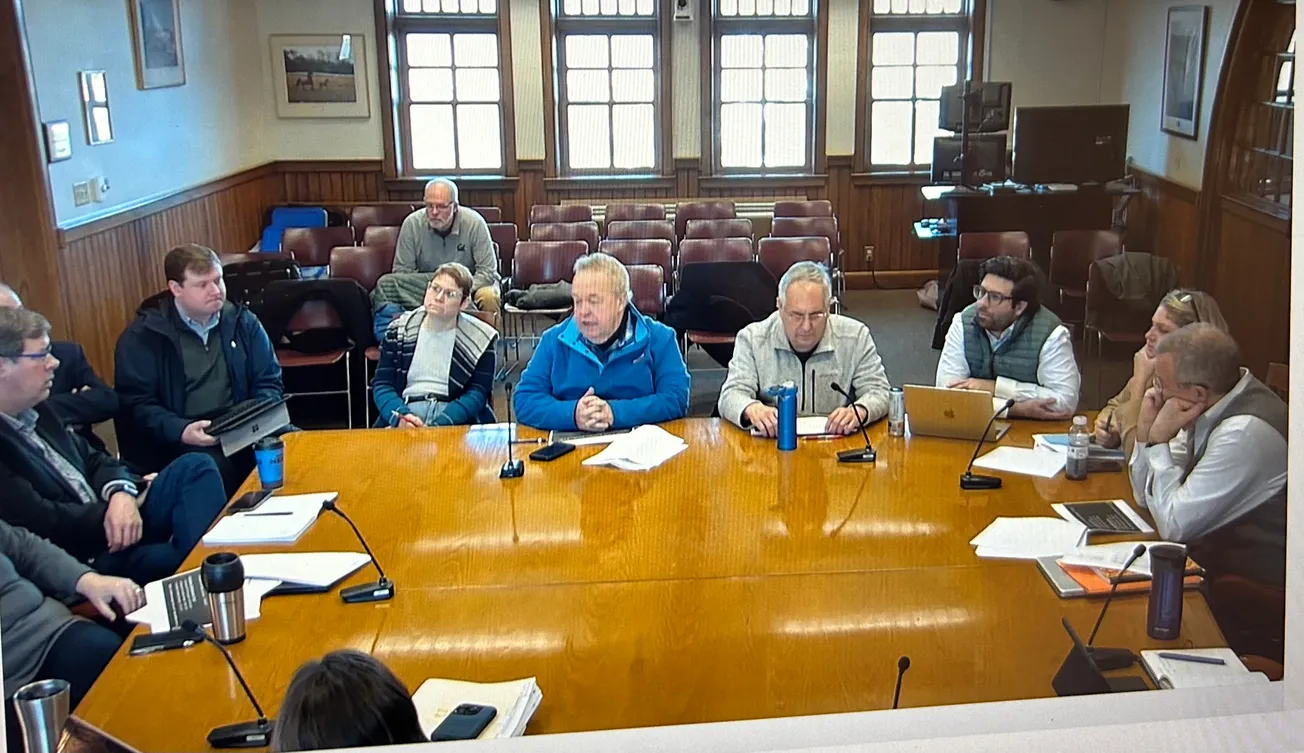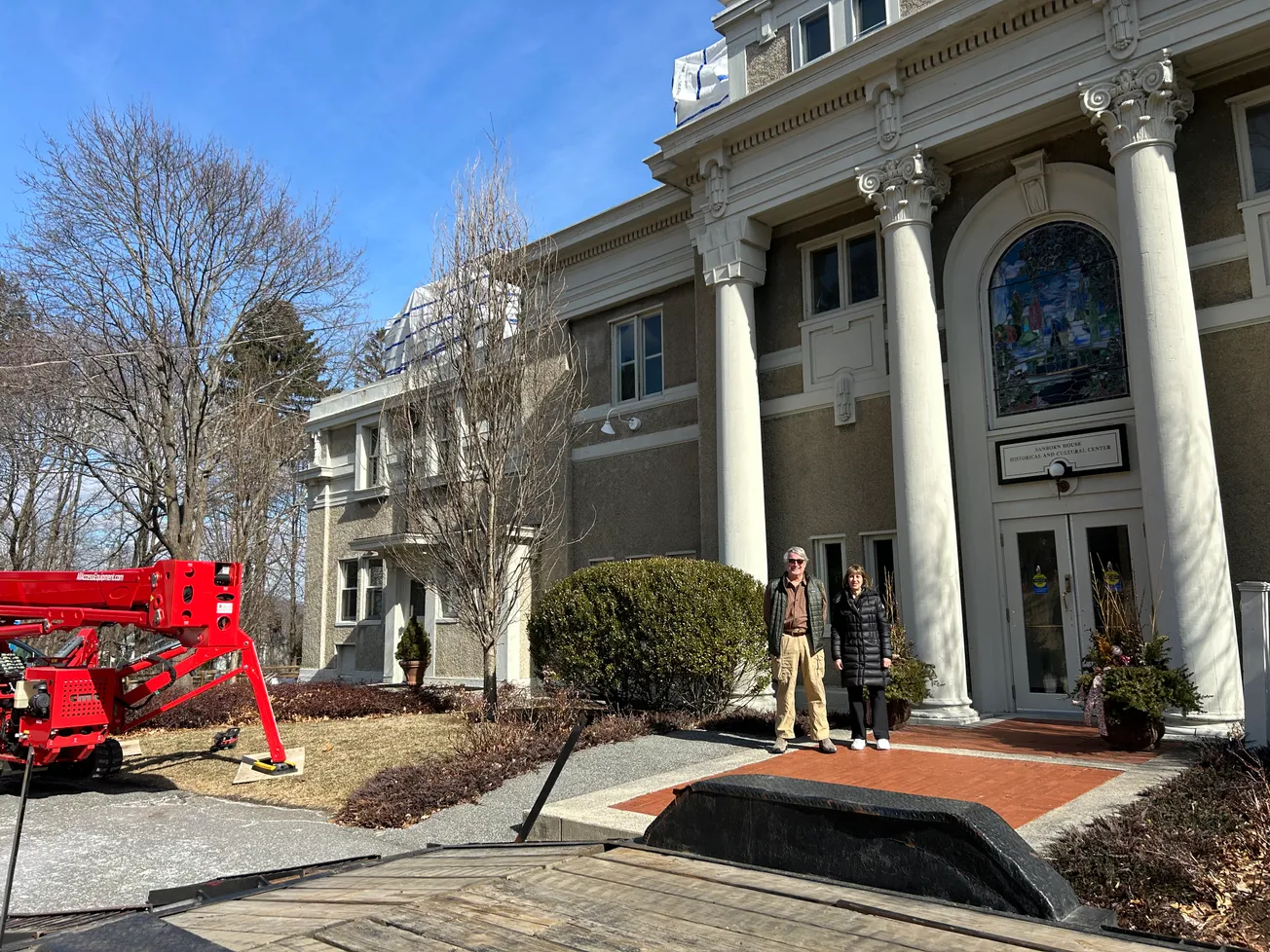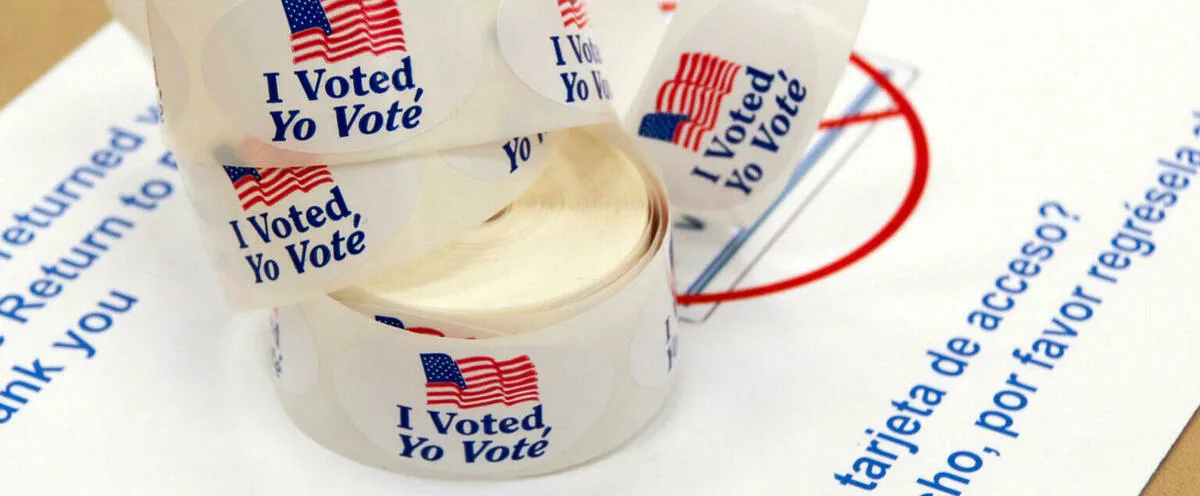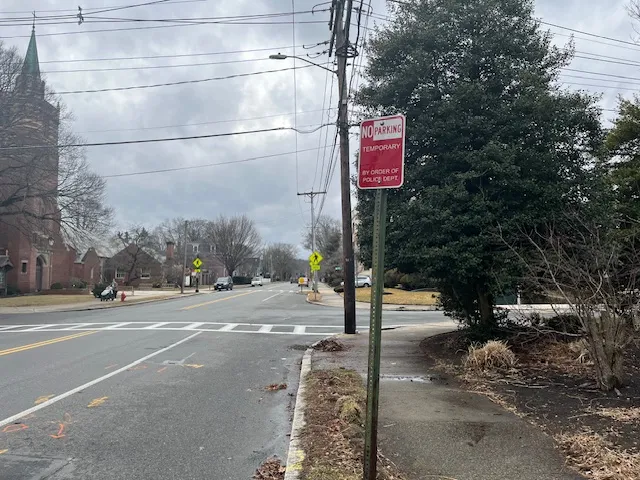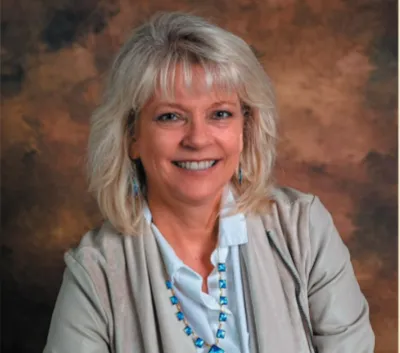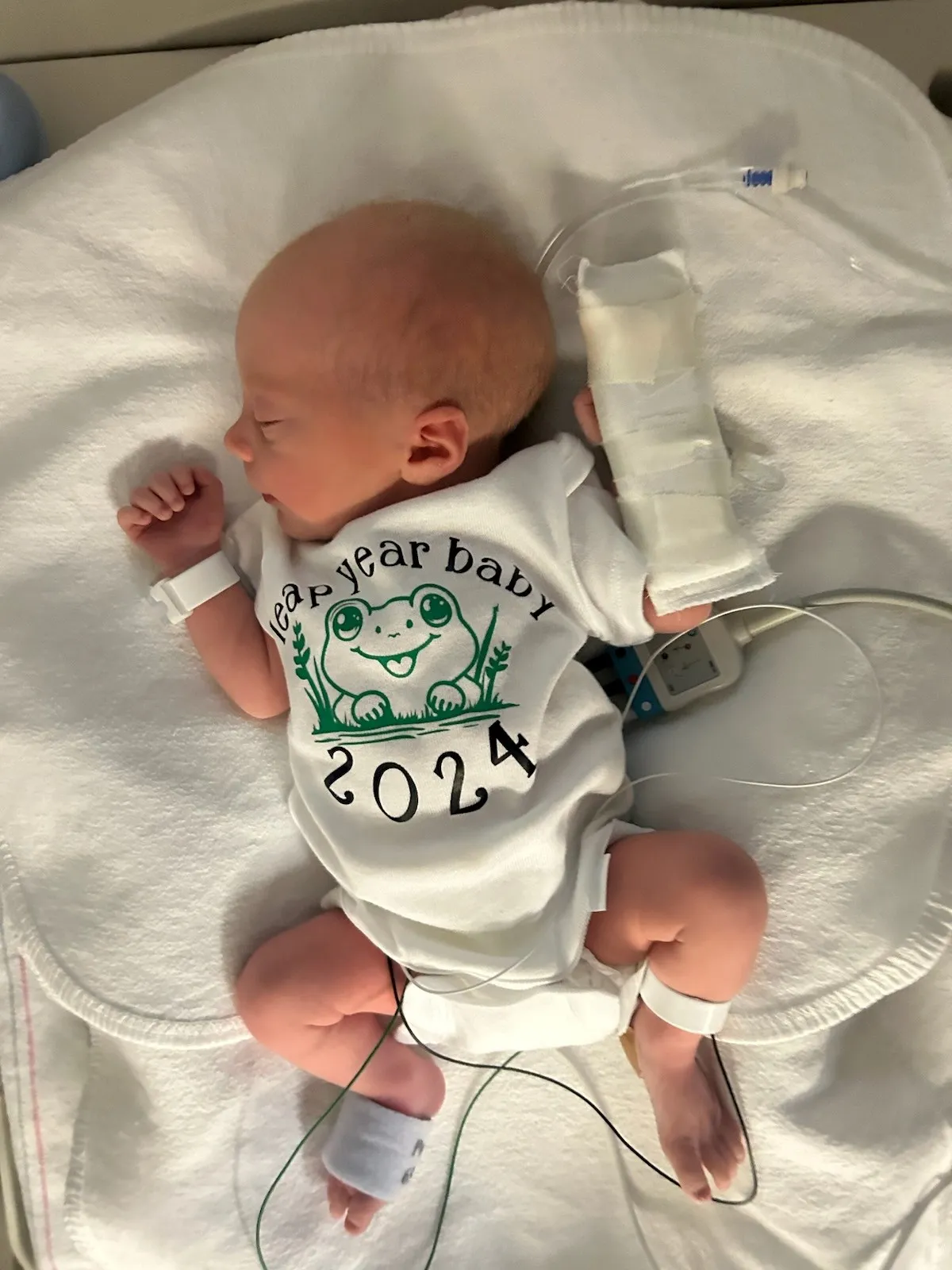Table of Contents
Winchester’s expenses are exceeding its revenue, but officials say the town has accomplished a lot with little. But it needs to find ways to increase what’s coming into the coffers.
With that in mind, the Select Board on Jan. 5 invited members of several boards and committees to meet for a Budget Summit to view Town Manager Beth Rudolph’s presentation on the preliminary budget and funding projections for fiscal year 2025.
While the town has been able to seed funds (such as the Capital Stabilization Fund) and projects with overlay money, retired debt, free cash and more recently ARPA funds, a more long-term solution needs to be found.
Superintendent Dr. Frank Hackett asked what the year-over-year revenue growth is for Winchester.
Comptroller Stacie Ward said 2.5% (maybe 2.8% occasionally). Hackett pointed out that schools just saw a 14% growth in out-of-district expenses alone, which are out of their control. There are many expenses that can’t be cut so more revenue is needed.
The town’s new VFA Capital Planning Software, which helps model multi-year budget decisions about maintenance and capital planning, was mentioned several times during the summit. But it was pointed out that while the software will help identify funding needs and project amounts that should be saved to fund the needs, the town still has to figure out where the funds will come from.
The town still has $1.4 million in ARPA funds that need to be committed by Dec. 31 of this year or be returned to the government. But that isn’t enough.
Winchester has a very limited commercial tax base and relies mainly on property taxes for revenue. So the town needs to find other ways of increasing revenue, such as the Community Preservation Act (CPA) and another override.
The CPA will again be presented to Spring Town Meeting hoping members will allow it to go to a town wide vote in November of this year. If it passes in November, the first matching funds (20% of Winchester’s funds under the CPA) would be received in 2027 and are estimated to be around $300,000. The average tax impact of the CPA using the 2024 average home value would be $236.
The override option and other long-term strategies have been discussed by the Select Board, said Chair Rich Mucci. Two Board members, John Fallon and Michelle Prior, have been tasked with trying to find a solution(s) to the town’s lack of revenue.
Fallon has previously said he would champion an override to help solve the town’s funding issues.
Rudolph told the board in closing that she needed them (or an individual from the board) to be an override champion (if that is the decision) and to provide the details of a proposed override such as how much is needed and when a vote would take place.
So what’s the town’s current financial picture? Check out the current numbers below:
WINCHESTER BY THE NUMBERS*:
FY25 Budget-Municipal Staff Requests (new): $310,028
FY25 Total Revenue (estimate): $152,475,790
FY25 Total Expenses (estimate): $140,812,367**
FY25 Deficit: ($(2,457,255)***
**including a 4.84% historically based school budget growth, municipal staff requests but not including Capital expenses
***with a 4.84% historically based school budget growth and new municipal staff requests in expenses
FY25 Anticipated Capital & Building Requests & Needs:
Funded: $5,027,000
Unfunded: $11,420,000
Likely FY26 Requests: $35,732,129-Override needed?
Estimated Future Tax Impact (based on FY24 avg. single family home value of $1.5 million)
Lynch: $810
Muraco Culvert: $98
South Reservoir Dam: $57
Community Preservation Act (CPA)
Projected CPA revenue at 1.5% surcharge: $1.53 million (year 1)
Following fiscal year CPA match at 20%: $306,259
Projected tax impact at 1.5% surcharge for avg home value ($1,500,000 FY24): $236
ARPA Funds
Totaled received: $6,814,777
Committed (as of 11/28/23): $3,501,008
Set aside for community needs/projects: $300,000
Reserved for current projects in development: $1,500,000
Remaining ARPA funds: $1,463,769
Capital Debt Exclusion Override
Estimated tax impact based on avg single family home value for FY24 ($1,500,000)
$20 million: $214
$25 million: $267
$30 million: $320
$35 million: $375
*Numbers are draft/estimated or snapshot in time as presented by Town Manager Beth Rudolph and subject to change.
Rudolph said the estimates were not intended to be a complete list of all the town's expenses.
"I was just highlighting key items for the discussion," Rudolph explained via email, adding a full list of last year's budget can be found starting on page 11 on this PDF draft.
Rudolph said there's a detailed budget model the town uses, but it's too complex to show for a presentation like last week's. She said while the presentation just hit the high points, the town is working to refine the numbers before the budget is due Feb. 15.

